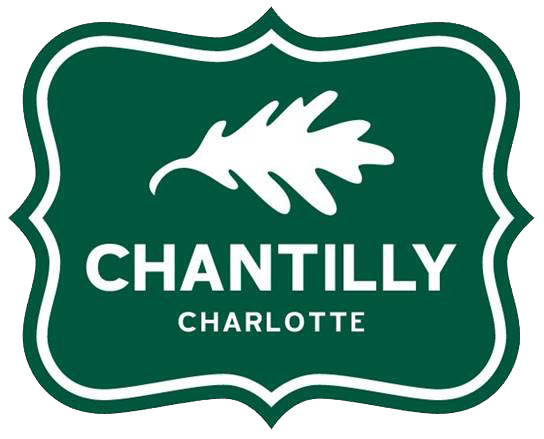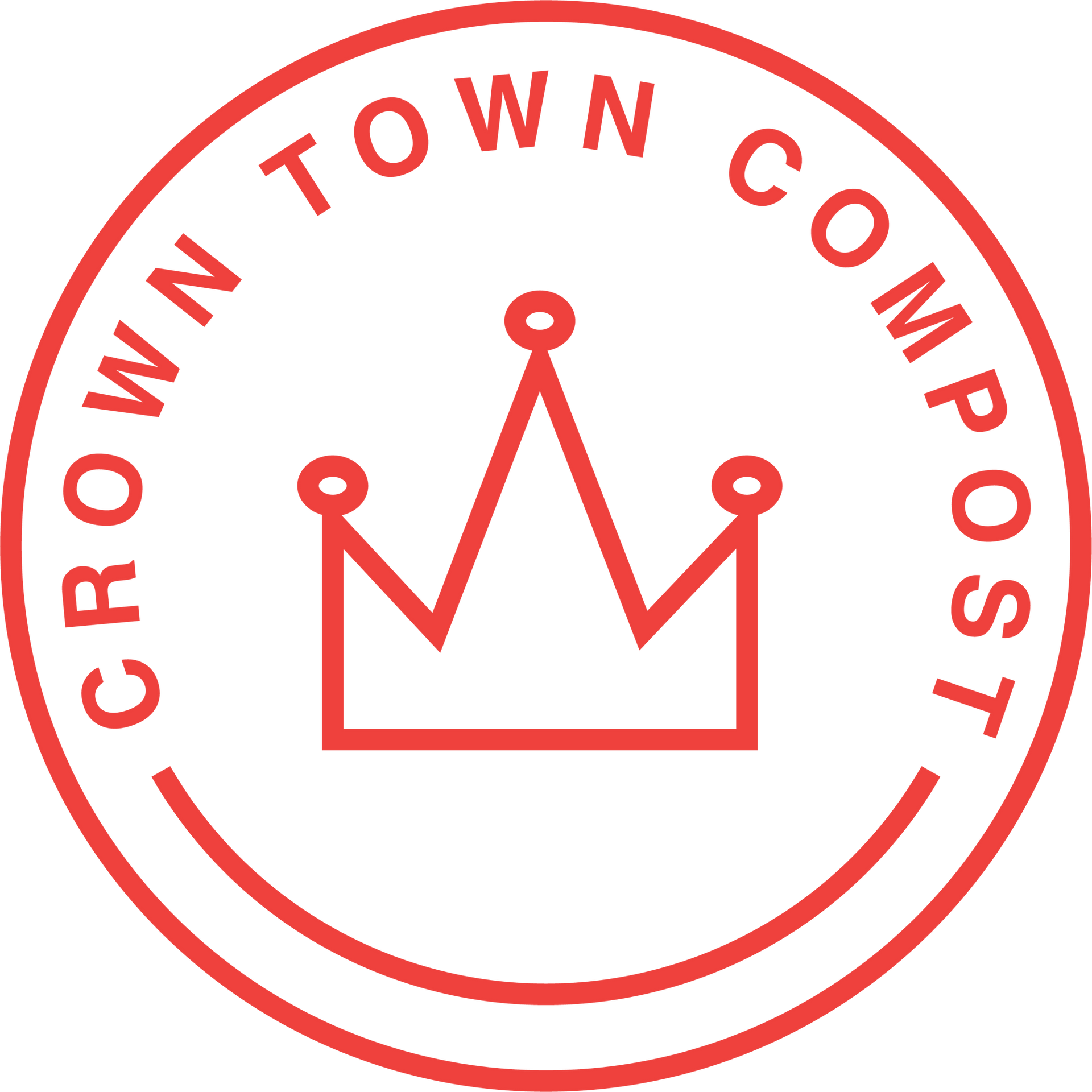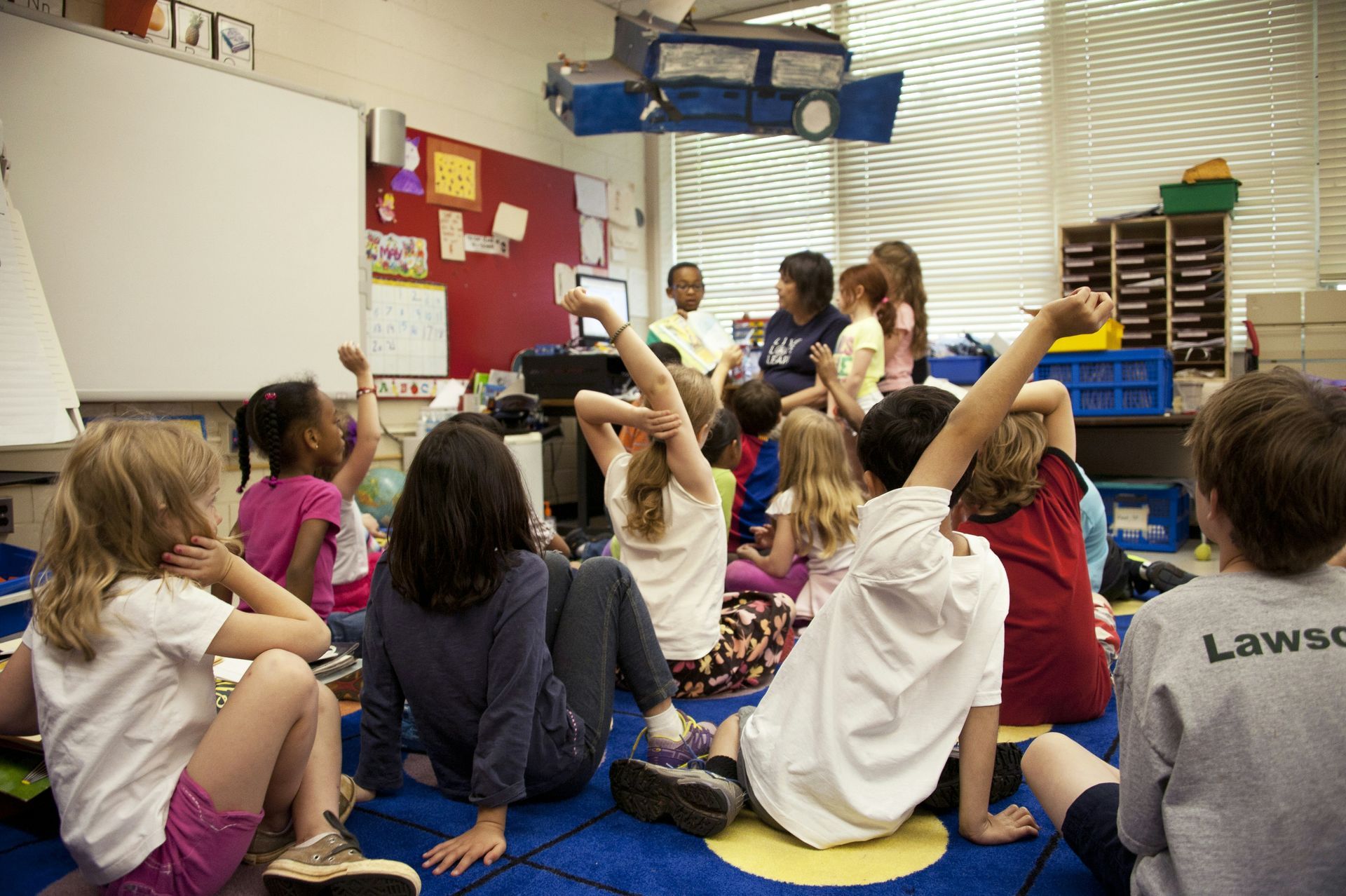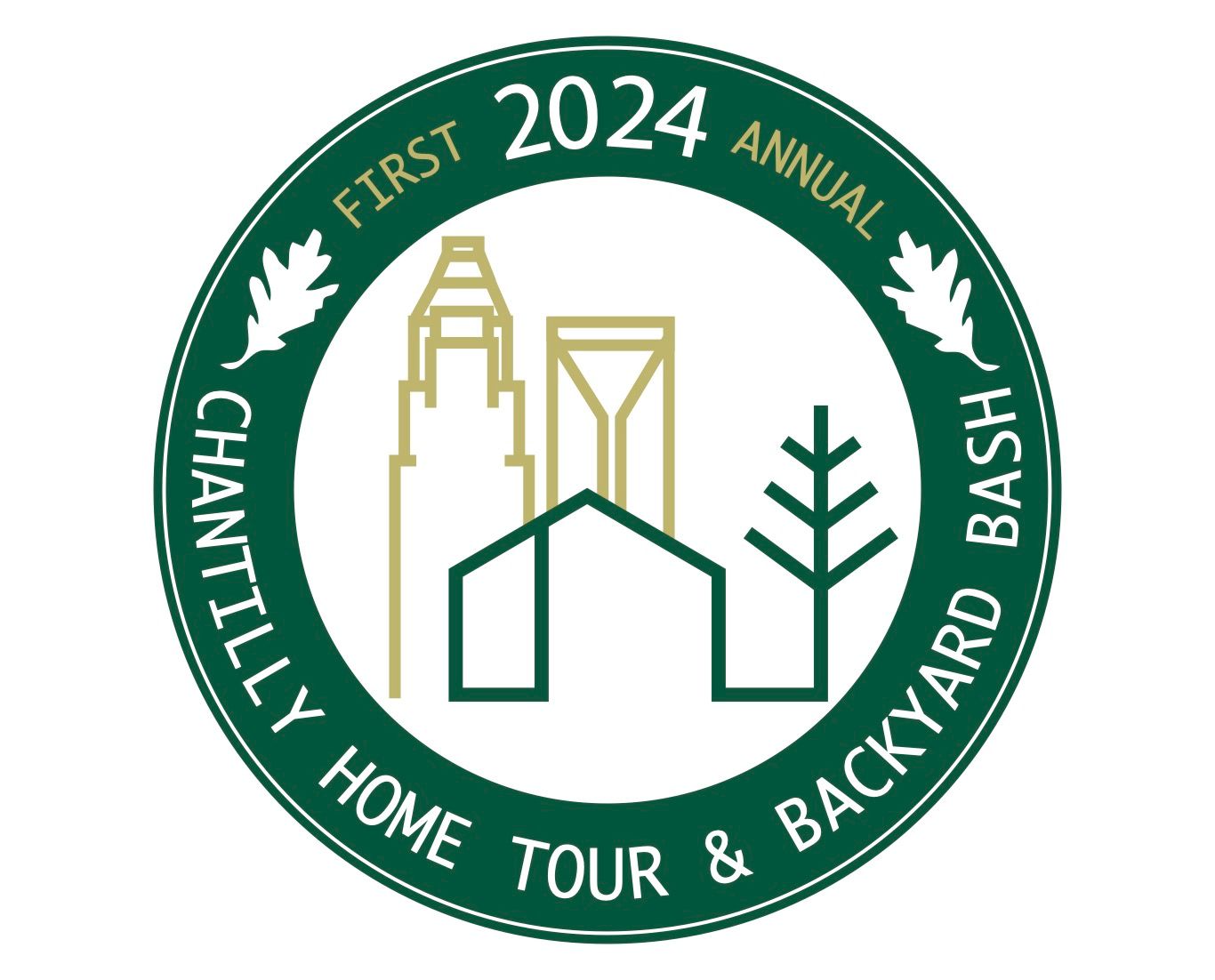Chantilly Neighborhood Association Meeting 9/9/25
Guest Speaker Notes
Gwen Cook (Greenway Representative):
This speaker focused on the development of Briar Creek Greenway, detailing the scope, timeline, and challenges of each phase, with particular attention to accessibility, flood management, and coordination with NCDOT. Community questions addressed concerns about flooding, lighting, accessibility for Chantilly Elementary, and project completion dates.
- Project Phasing and Scope: The Briar Creek Greenway is divided into three phases due to real estate, timing, and coordination with NCDOT, especially for crossing under Highway 74. Phase one runs from Monroe Road to just short of Bay Street, keeping the school connection open until phase three.
- Phase One Status and Timeline: Notice to proceed for phase one was issued on August 18, with completion expected within a year, though the contractor anticipates finishing earlier. Initial work will focus on the parking lot and bridge at Radlett Road before moving to the trail.
- Flood Management: The greenway is designed to withstand flooding without raising flood elevations, in compliance with FEMA and local regulations. The trail may go underwater during major storms, but no changes to floodplain elevations will occur.
- Accessibility and School Connection: The Bay Street entrance to Chantilly Elementary will remain open during phase one to avoid disrupting school access. Full accessibility improvements, including a regraded switchback, will be addressed in phase three, likely several years out, pending NCDOT’s schedule for Highway 74 widening.
- Lighting and Safety: Lighting will not be installed along the greenway, as it serves as a wildlife corridor and aligns with the broader greenway system’s standards. Only select urban sections of the city’s greenways are lit.
- Community Concerns and Communication: Questions about fast-tracking certain sections (e.g., Chantilly on the Green) clarified that these are not included in phase one but are planned for phase three. The project team is committed to keeping key access points open and working with school and community stakeholders.
- Pending Issues and Next Steps: Phases two and three are contingent on property acquisition and NCDOT coordination, with bidding hoped for in the next 12-18 months. The timeline for full completion is uncertain and depends on external factors, notably the Highway 74 widening, which is delayed until at least 2033.
Natalie Parmenter, founder of Primary Focus
Primary Focus: The Parents' Guide to Elementary School
Natalie empowers parents to confidently make decisions for their children from preschool to 5th grade, starting with selecting the right school for their child. Through expert advice and approachable strategies, she helps foster academic growth, strong school partnerships, and a lifelong love of learning.
Key takeaways:
Natalie is hosting a one-hour workshop and Q&A on Wednesday, October 1st, at 7pm at the Vaulted Oak. This event is free for Chantilly residents! The Kindergarten School Talk Workshop. Great for families looking for an elementary school. Though it's marketed to parents of 2-5 year olds, any family that's considering elementary schools in Charlotte would feel welcome. To register, please email president@ichantilly.org.
Shannon Binns, Sustain Charlotte:
Shannon lives on Laburnum Avenue and founded Sustain Charlotte. He was speaking on behalf of “Vote Yes for Meck”. His talk focused on Charlotte's transportation challenges due to population growth and the upcoming voter referendum for a 1% sales tax increase to fund transit improvements. Discussion covered the allocation of funds, specific transit projects, and the importance of community support for the initiative.
Key takeaways:
- Charlotte faces increasing congestion due to population growth: The city must find more efficient ways to move people, as continued reliance on cars will worsen traffic and crowding.
- The proposed 1% sales tax increase would generate $19.4 billion over 30 years: This funding is intended for comprehensive transportation improvements, including sidewalks, bike lanes, crosswalks, bus service, and rail lines.
- Allocation of new tax revenue is defined by legislation: 40% will go to road projects (including sidewalks, bike lanes, and crossings), 20% to bus and microtransit, and 40% to rail projects.
- Major rail projects planned: The first priority is the Red Line commuter rail paralleling I-77 to Davidson, which must be 50% complete before other rail projects begin. The Silver Line (airport to Coliseum), Gold Line extension (to Eastland Mall site), and Blue Line extension (to Pineville) are also planned.
- Bus service improvements are a priority: Currently, only one bus route meets the national standard of 15-minute frequency. The new funding aims to increase frequency and coverage.
- State and federal governments will not provide additional funding: Local tax dollars are necessary to fund these transportation improvements, making the upcoming referendum critical.
- Community engagement is essential: The campaign "Yes for MECK" is promoting the referendum, and turnout is expected to be low due to the absence of state or federal offices on the ballot. Residents are encouraged to vote and spread awareness.
- Some limitations and pending issues: The Silver Line will not reach Matthews with this funding alone, and further expansion will require additional resources. The Red Line must be half-completed before other rail projects can proceed, which may delay other initiatives.
- You can visit yesformec.com for detailed information
Kris Steele, founder of Crown Town Compost:
This speaker focused on the urgent need to address food waste, landfill limitations, and landscape health within the local community. The discussion introduced a new neighborhood composting program, highlighted the environmental and economic impacts of waste management, and explored opportunities for community engagement and grant funding.
Key takeaways:
- Landfill Capacity Crisis: The local landfill has only five years of capacity left, raising concerns about future waste management and the environmental costs of shipping waste out of state, as is done in New York City.
- Food Waste as a Major Component: Food waste constitutes 30-40% of total waste. Redirecting food waste to composting could nearly halve landfill contributions, significantly reducing travel costs and pollution.
- Composting Benefits: Composting food waste creates healthy soil, which improves water retention (up to 27,000 gallons per acre per inch of rain with a 1% increase in organic matter), reduces runoff, and supports local agriculture.
- Local Economic Impact: Purchasing from local farmers keeps up to 80% of money within the local economy, compared to only 10-15% when buying from large stores, supporting community programs and businesses.
- Environmental Impact of Landscaping Equipment: One hour of gas blower use equals 1,100 miles driven in a car due to the lack of emission controls, highlighting the need for cleaner landscaping practices.
- Neighborhood Composting Program Launch: The program will start with 50 buckets, aiming for high community participation. Residents will collect food waste, which will be processed into soil and returned for community use. The program is set to kick off in October, with potential for expansion and grant support.
- Grant Opportunities: There are city, county, and state grants available to support the long-term sustainability of the composting initiative, and collaboration with the neighborhood association is encouraged.
Carlenia Ivory, CMS Family Engagement Specialist + Boys and Girls Club Rep:
These speakers focused on the reintroduction of the Boys and Girls Club to Charlotte, the largest city in the country currently without an active club, and the importance of community engagement, particularly through CMS and local schools. Updates were provided on upcoming projects, including the Eastland Yards sports complex, and calls for increased collaboration between families, schools, and community organizations were emphasized.
Key takeaways:
- Boys and Girls Club returning to Charlotte: The Boys and Girls Club, previously absent due to the sunset of its partnership with the Salvation Army, is being reestablished in five key areas, aiming to fill a significant gap in youth services in the city.
- Community engagement concerns: CMS Family Community Department acknowledged a lack of sufficient involvement and engagement in the community, expressing a commitment to improve outreach and collaboration.
- Adopter schools initiative: In addition to supporting home schools, families are encouraged to consider working with "adopter schools" such as Albemarle, which will be a focus area for the Boys and Girls Club.
- Eastland Yards sports complex update: After five to six years of effort, ground will be broken for the Eastland Yards sports complex off Albemarle Road in November, marking a major milestone for local youth and community activities.
Call for broader participation: The speaker emphasized the need for families and community members to reclaim schools and neighborhoods and to be present and involved in new projects and programs.










